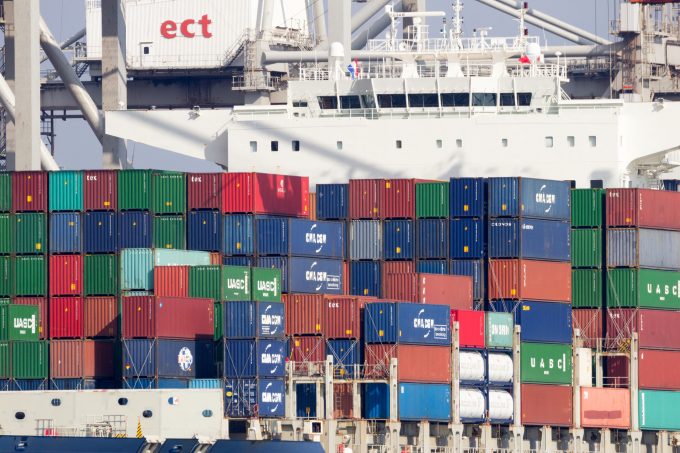'Another painful headache for shippers' as Asia-N Europe rate rally ends
It seems the recent container freight spot rate rally on the Asia-North Europe trade might ...

Online container freight buying platforms could help shipping lines respond more dynamically to dramatic changes in demand.
According to new research from Drewry Supply Chain Advisers, their widespread adoption could ease the extreme rate volatility that hits both shippers and carriers periodically.
In a study commissioned by ...

Comment on this article